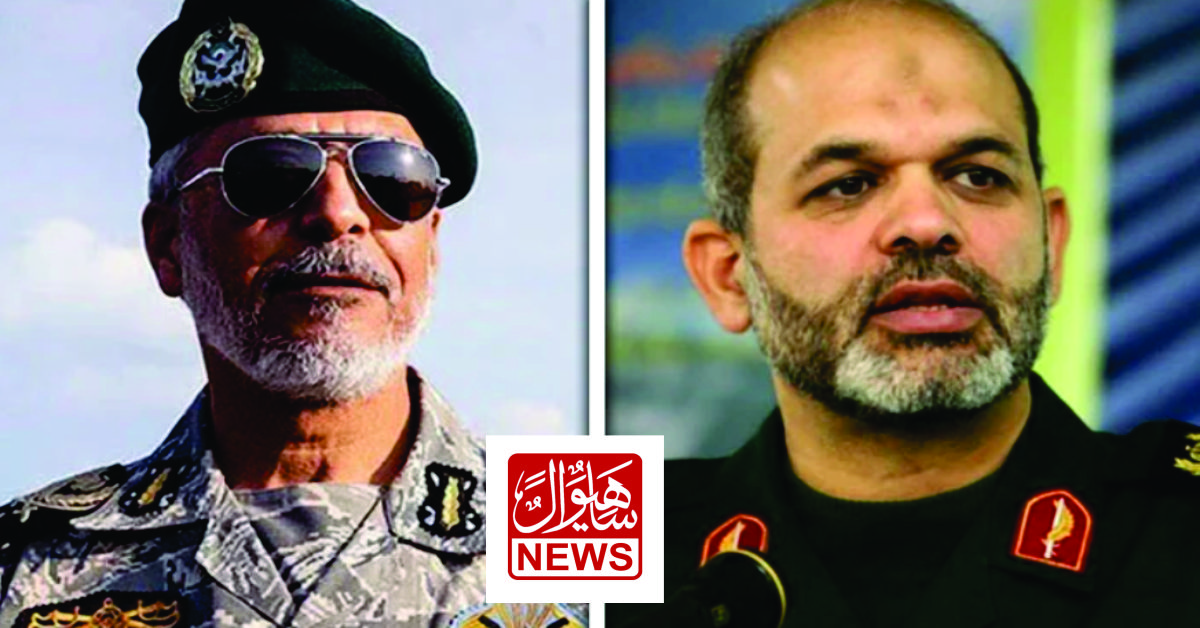Diference between Iranian Army and Islamic Revolutionary Guard Corps
Islamic Revolutionary Guard Corps was established after the 1979 revolution to protect the revolution.

The Iranian Army and the Islamic Revolutionary Guard Corps (IRGC) are two separate military institutions that play important roles in Iran’s security and defense strategy. Their objectives, structures, and roles are different. The differences between them are as follows:
1. Structure and Formation
Iranian Army (Artesh):
It is a traditional army that existed even before the 1979 Islamic Revolution. It includes four main branches: the Ground Forces, Navy, Air Force, and Air Defense Force. Constitutionally, its primary duty is to defend the country’s borders.
Islamic Revolutionary Guard Corps (IRGC):
It was established after the 1979 revolution to protect the revolution. Its main objective is to defend the Islamic system and ensure internal and ideological security. It also has ground, naval, and air branches, but they are separate from the regular army. The Basij militia, a volunteer civilian force, also operates under the IRGC.
2. Duties and Scope
Iranian Army:
Its responsibilities include border defense, conventional warfare strategies, and international defense relations. It usually stays away from political activities.
IRGC:
Its role includes protecting the revolution, ideological supervision of the government, internal monitoring, and an active role in politics. It is also involved in expanding regional influence (such as in Syria, Iraq, Lebanon, etc.). The Quds Force is its international operations wing.
3. Political and Economic Influence
The IRGC has a significant influence on Iran’s politics, economy, and media. Many major projects and companies are under its control. The army’s influence is limited and mostly confined to military affairs.
4. Public Perception and International Status
The IRGC has been designated as a terrorist organization by several Western countries, especially the United States. The Iranian Army, on the other hand, is seen internationally as a conventional military force and is not subject to such restrictions.
